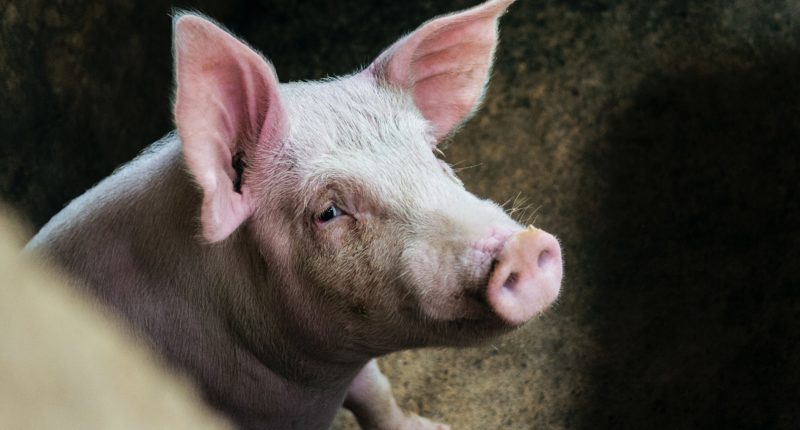Researchers from Yale University partially revived pigs an hour after death. Published on the third of August 2022, their report in the Nature journal showed how their ‘OrganEx’ solution can combat cell death and potentially salvage organs for transplantation.
Regarding humans, there is a distinction between clinical and biological death. When one’s heart stops pumping, they are considered clinically dead. At this point, there is still a potential for resuscitation through CPR or use of a defibrillator. Leaving the victim untreated will deprive their cells of oxygen, killing them and progressing them towards permanent biological death. This cellular damage caused by oxygen deprivation is called ischaemia.
According to the American AED CPR Association, “After 11 minutes without a supply of oxygen to the brain, the victim will have little chance of survival.” Once this deadline passes, only more drastic solutions than CPR can lead to revival.
An extracorporeal membrane oxygenation (ECMO) machine, which circulates blood outside of the body and acts as a mechanical heart and lungs, can be used during cardiac arrest. Even then, reoxygenation can further harm tissue if its composing cells had already suffered ischaemic damage. This ‘reoxygenation injury’ frequently occurs in the form of inflammation.
Yale University researchers demonstrated the limitations of traditional ECMO. An hour after death, pigs received artificial blood circulation via the machine. As expected, the reintroduction of oxygen after extensive ischaemic damage only further destroyed the pigs’ bodies. One major symptom was the swelling of organs. Knowing reoxygenation injury leads to inflammation, which causes such swelling, the ECMO machine must have been introduced far too late in the process of biological death.
The scientists then pumped a special solution, OrganEx, into equivalently dead pigs and achieved wildly different results. Unlike in the previous ECMO experiment, the pigs did not suffer from widespread reoxygenation injury. Instead, many cells with ischaemic damage were revived. They were brought back from the dead, so to speak.
In their report, the researchers said, “OrganEx application preserved tissue integrity, decreased cell death and restored selected molecular and cellular processes across multiple vital organs.” These affected organs included both the heart and brain, though no significant brain activity was detected during the experiment. Although they remained unconscious, the pigs also displayed some movement.
This technology has potential to preserve organ integrity for transplantation. Typically, doctors will allow a couple hours after a donor is removed from life support before extracting their organs. If the patient lives for much longer, their organs may suffer damage from a prolonged death and become unusable. The researchers from this experiment at Yale hope that OrganEx may be able to save such organs and increase the amount of possible transplants.










Comments are closed.